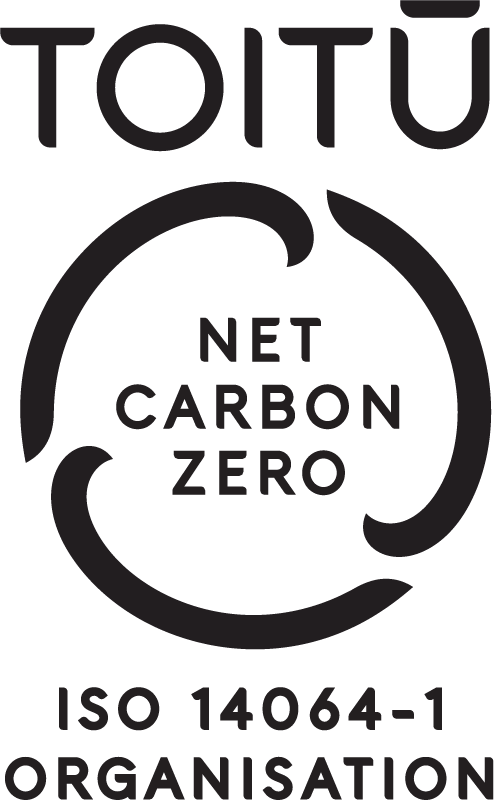
Is your employer paying their way for your retirement?
19 October 2022I started work at the Post Office Savings bank back in 1982 much to the relief of my parents. It would be fair to say academically I wasn’t the strongest student and enjoyed a far greater range of activities than those at an academic level, so a good solid job was very welcome.
Back in the day, if you got a position working in the public service it was a job for life. I mean, the political party in charge might change, but the government would never fall over and the thought of performance reviews, KPIs, bell curves and the like were as alien as the idea of working from home. As long as you turned up did your job and put in your seven and half hours a day, including your 15-minute morning and afternoon tea breaks, life was sweet.
The great thing when joining a government service back then was that you were automatically enrolled into Government Super. Actually, it was compulsory. It meant that of my $6,995 a year earnings, I had to put 2.5% in the scheme and the government would put in 7.5%. Someone must have read ‘The Richest Man in Babylon’ book where, amongst a number of smart financial habits, the key message was to pay yourself first and around 10% of your income would get you into a pretty good place when you retired. The scheme was a great one because it would provide an annuity, in other words instead of getting a lump sum, they would pay you a percentage of your income, of what you were earning, until the day you died! In fact in many cases even when you died your spouse would still receive half.
It was this that has got me wondering why so many people are not contributing to their KiwiSaver.
The FMA recently released its annual review on KiwiSaver, highlighting a number of stats and activities that have shaped the KiwiSaver year to March 2022. With all of the noise around changing default providers and getting fees down (which is great for the KiwiSaver default members) one of the biggest burning issues that has yet to be addressed is around the number of KiwiSaver members not contributing to their savings.
To me this is a significant issue because, no matter how low your fees are and how good the returns are, if you don’t have a savings balance and are not regularly contributing then they can’t work their magic, along with the 8th wonder of the world being compound interest to help grow your savings for your retirement years. For some time now I’ve been thinking, could part of the problem be employers not meeting their KiwiSaver obligations or is how Kiwis are being employed these days allowing employers to bypass their moral and legislated obligations?
Let’s look at the key stats from this year’s report.
As at the end of March 2022 there were:
- 3,168,641 members
- With a total of $89.7bn saved
- With an average balance of $28,324.00
- 5.1bn was contributed via salary and wages
- And 2.7bn came from employers
Unless you have agreed with your employer that your salary or wage incudes the employer contribution to your KiwiSaver, then they are required to match your 3% contribution. No ifs or buts.
Ok, just a few more numbers to get your head around.
As at the end of March there were 1,230,408 members not contributing a single cent to their KiwiSaver scheme. Of that number 237,764 are under 18, and 101,007 members were on contribution suspensions, but that still leaves just under one million members with quite a big question mark. At worst you would hope they could contribute $1,043 a year to get their free government contribution of $521.00. In other words, this represents a total just over 1.9bn of lost savings for the year.
However, my real concern is how many of those just under 1 million non-contributors, are part time or full time employed. Clearly some will be at university or some other polytechnic or government-funded learning centres. At the end of 2021 that number was, going by the Education Counts website, around 358,000. Some of whom, I am sure, are working part time to pay their education fees. So, that leaves around 654,000 who are either unemployed, self-employed or employed but not receiving their employer contributions.
Are you one of those Kiwis who is missing out? I hope not. You may have elected to sign an employee contract that says that your income includes your employer contribution. In other words, you are opting to make both the employer and employee contributions out of your salary, rather than employer contributions being on top of your salary. For example, for someone on an average annual income of $50,000 and making contributions of 3%, if your employer is making these on top your salary, your gross income is $51,500, if your employer’s contributions are taken out of your salary your gross income is $50,000. So you can see it makes a big difference.
In some cases this might be ok as you have negotiated a higher salary in order for you to choose what to do with your entire salary and if you go on a contribution suspension, you are still receiving both contributions in your pocket. If you are self-employed as a minimum, you would most likely want to take advantage of the 50% return you receive on your contributions up to $1043 each year by utilising the $521 government tax credit. But maybe, for some, the value of doing so is not worth the effort.
This still leaves a very large number of Kiwis that are not contributing, who are fully or part time employed, that are in KiwiSaver. The only other possibilities are employers, for some reason or another, are not making these contributions. I think the answer lies in part how New Zealanders are being employed. By that I mean staff may have been moved from wages or salary to contracts. Or more staff may now be on short or long term contracts instead of traditional wages or salary. This means that employers don’t have an obligation to pay contributions for those staff, nor for those employees who have chosen not to make KiwiSaver contributions.
The government is currently reviewing KiwiSaver and I hope, as part of this review, a little more light can be shone on this topic to see what can be done to address the gap. A simple change could be to revise the wording of the legislation by removing “salary and wages” and replacing it with “paid employment”.
This would mean the wonderful process that is automated to take small contributions from both employees and employers, no matter what agreement you have in place, is applied.
A small change like this over time, I believe, will make a positive outcome for all and allow the intent of the KiwiSaver Act to reach a far wider group of Kiwis, so they can fly through their retirement years rather than being stuck on the ground looking back and wondering what if?
Disclaimer: David Boyle is Head of Sales and Marketing at Mint Asset Management Limited. The above article is intended to provide information and does not purport to give investment advice.
Mint Asset Management is the issuer of the Mint Asset Management Funds. Download a copy of the product disclosure statement.


